Meniscal tears are among the most common knee injuries. Athletes, particularly those who play contact sports, are at risk for meniscal tears. However, anyone, at any age, can tear a meniscus. When people talk about torn cartilage in the knee, they are usually referring to a torn meniscus.
The meniscus is the shock-absorbing fibrocartilage located between the thighbone and shinbone. Two “wedge-shaped” pieces of cartilage form the meniscus and act as shock absorbers between the thighbone and shinbone. The meniscus also helps maintain balance and stability.
Sudden meniscal tears often happen during sports. Players may squat and twist the knee, causing a tear. Direct contact, like a tackle, is sometimes involved.
Older people are more likely to have degenerative meniscal tears. Cartilage weakens and wears thin over time. Aged, worn tissue is more prone to tears. Just an awkward twist when getting up from a chair may be enough to cause a tear if the menisci have weakened with age.
You might feel a "pop" when you tear a meniscus. Most people can still walk on their injured knee. Many athletes keep playing with a tear. However, over 2 to 3 days, your knee will gradually become more stiff and swollen.
Most Common Symptoms of Meniscal Tear:
- Pain along the joint lines
- Stiffness and swelling
- Catching or locking of the knee
- The sensation of the knee "giving way"
- You are not able to move your knee through its full range of motion
Without treatment, a piece of meniscus may come loose and drift into the joint. This can cause the knee to slip, pop, or lock.
There are treatment options available and are based on the severity of the tear and patient symptoms. Some treatments include rest, application of ice, a brace or a wrap, as well as medications and injections.
However, more severe tears may benefit from surgery. There are minimally invasive procedures to repair and/or remove the damaged tissue. Following the procedure, patients will use crutches for a few days for comfort but can then return to normal daily activities.







